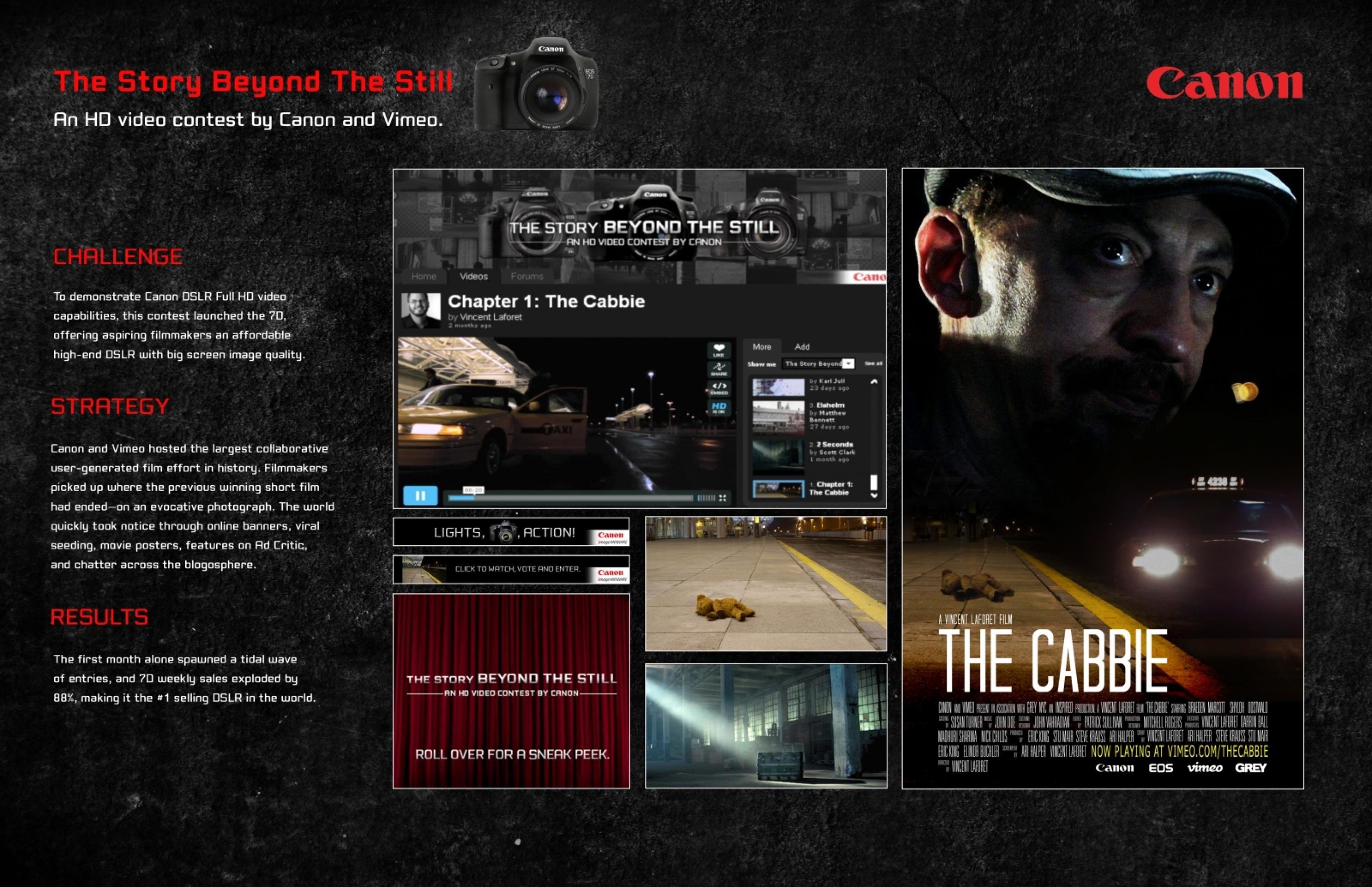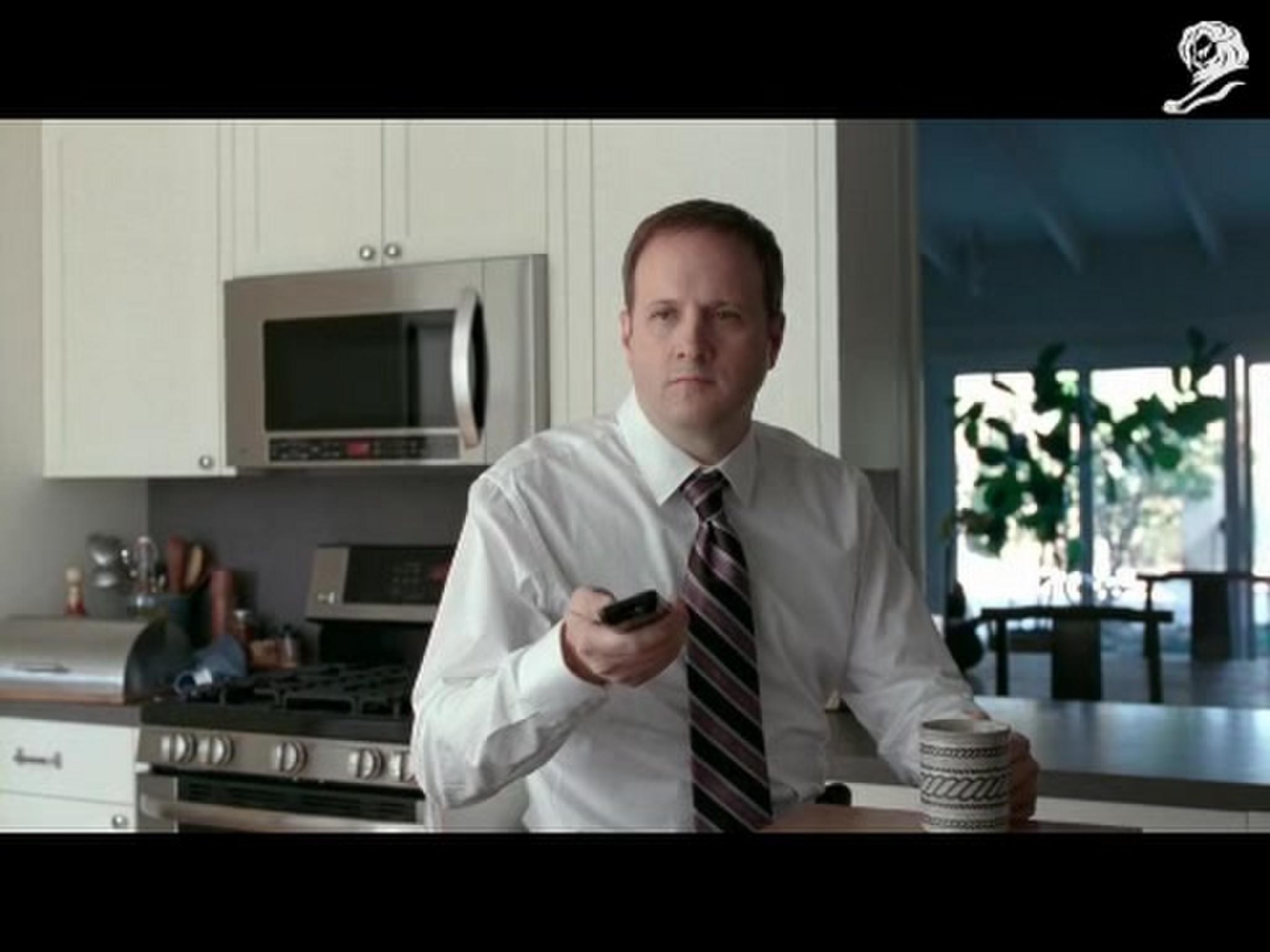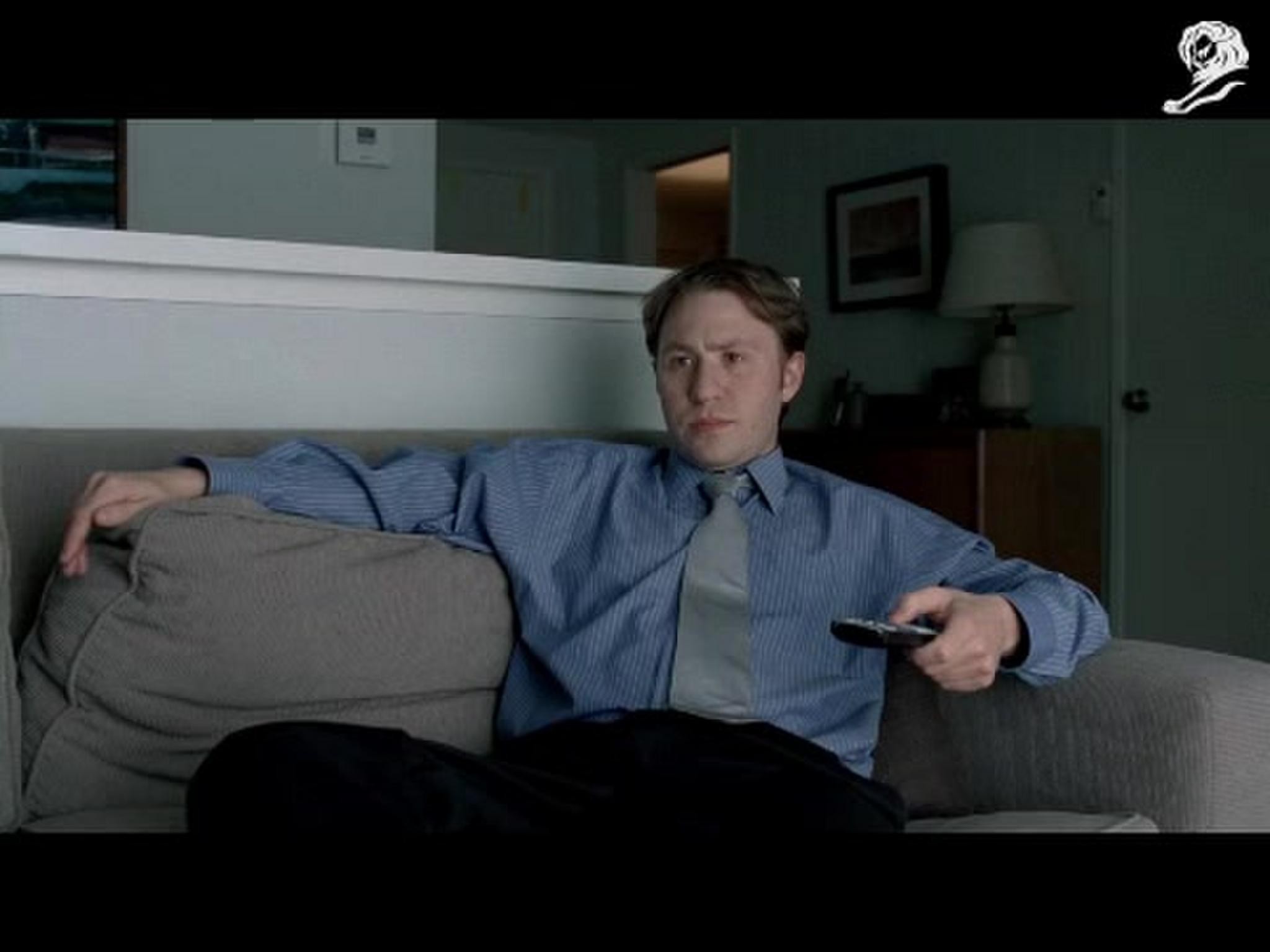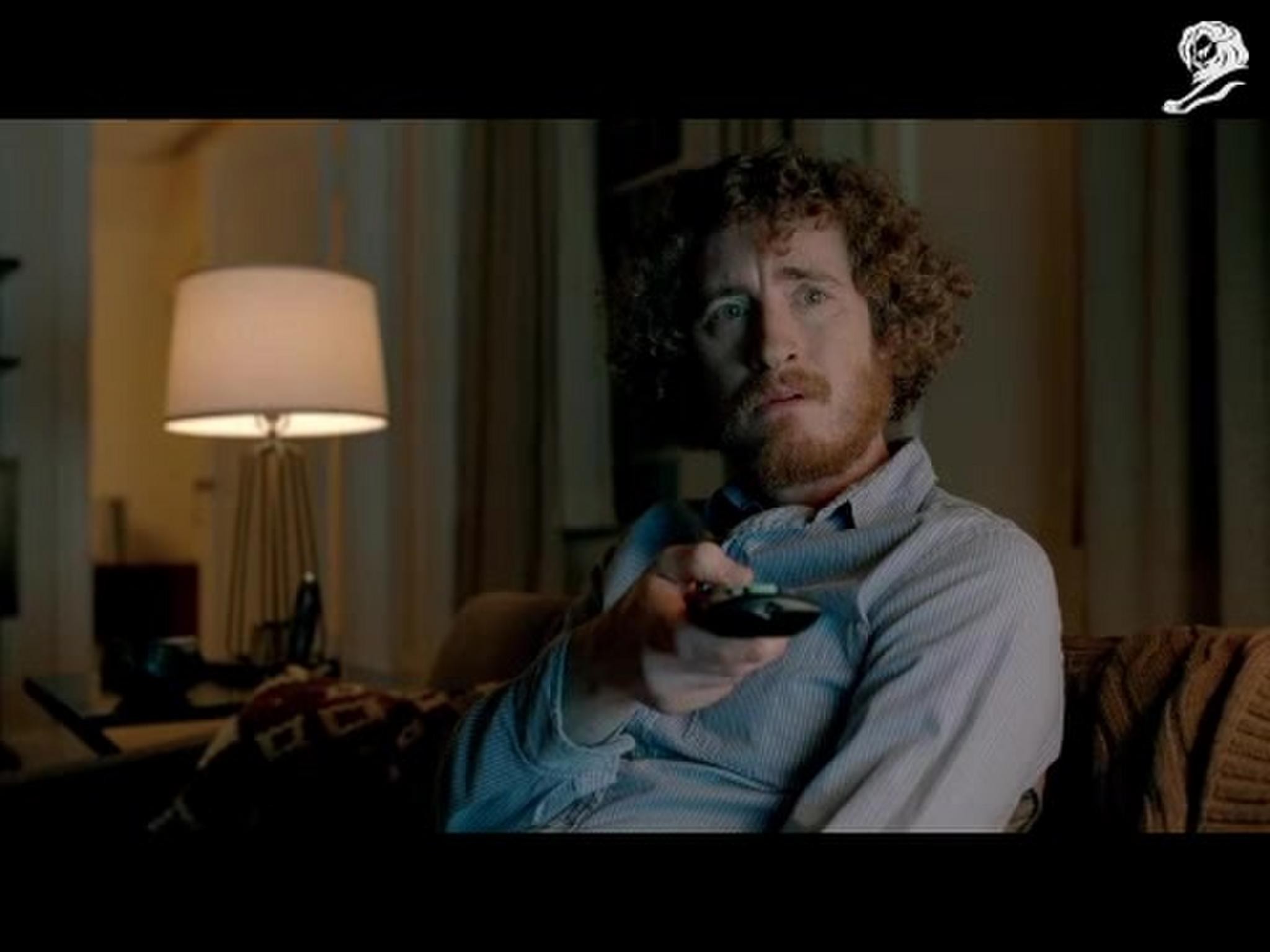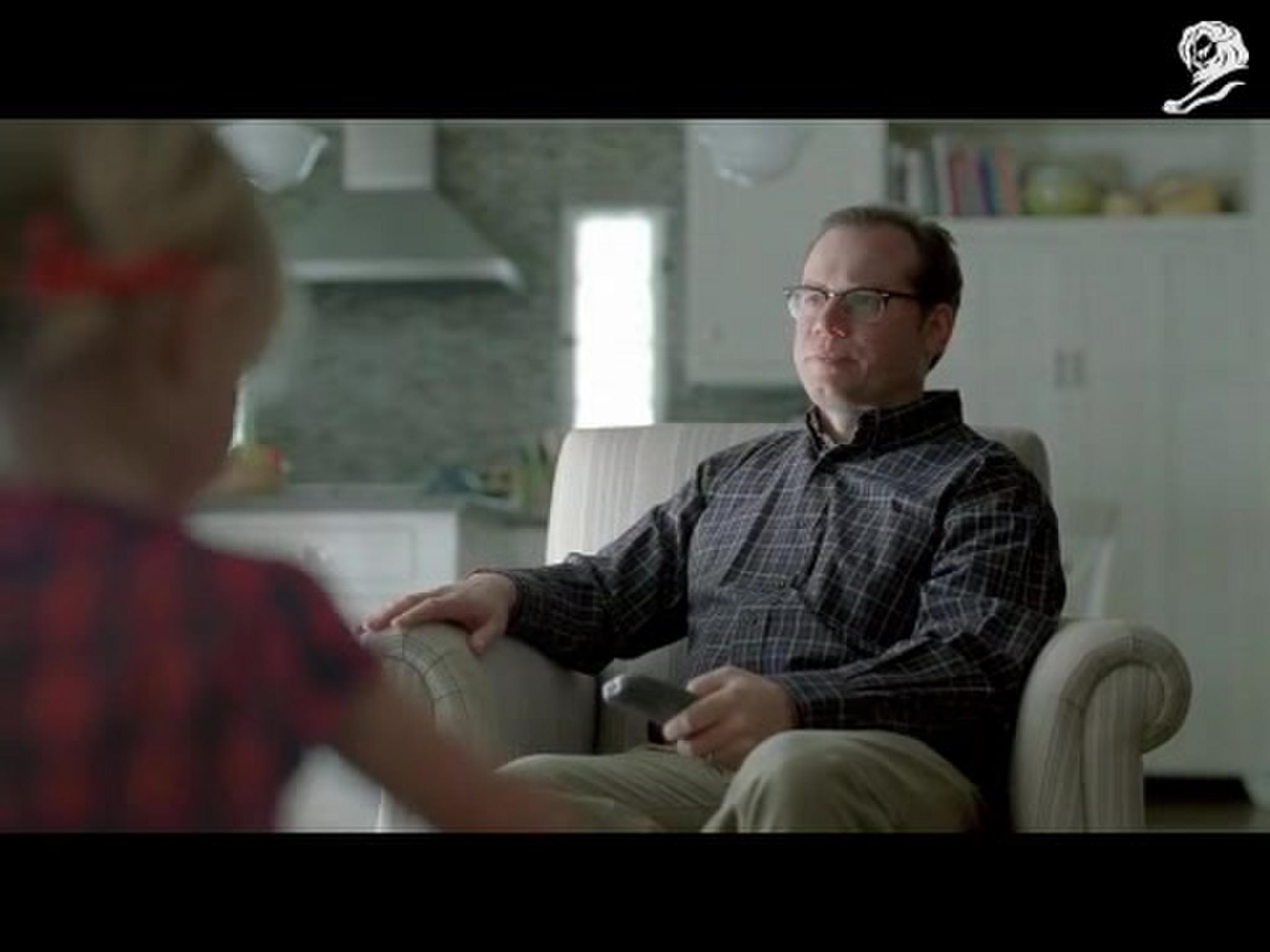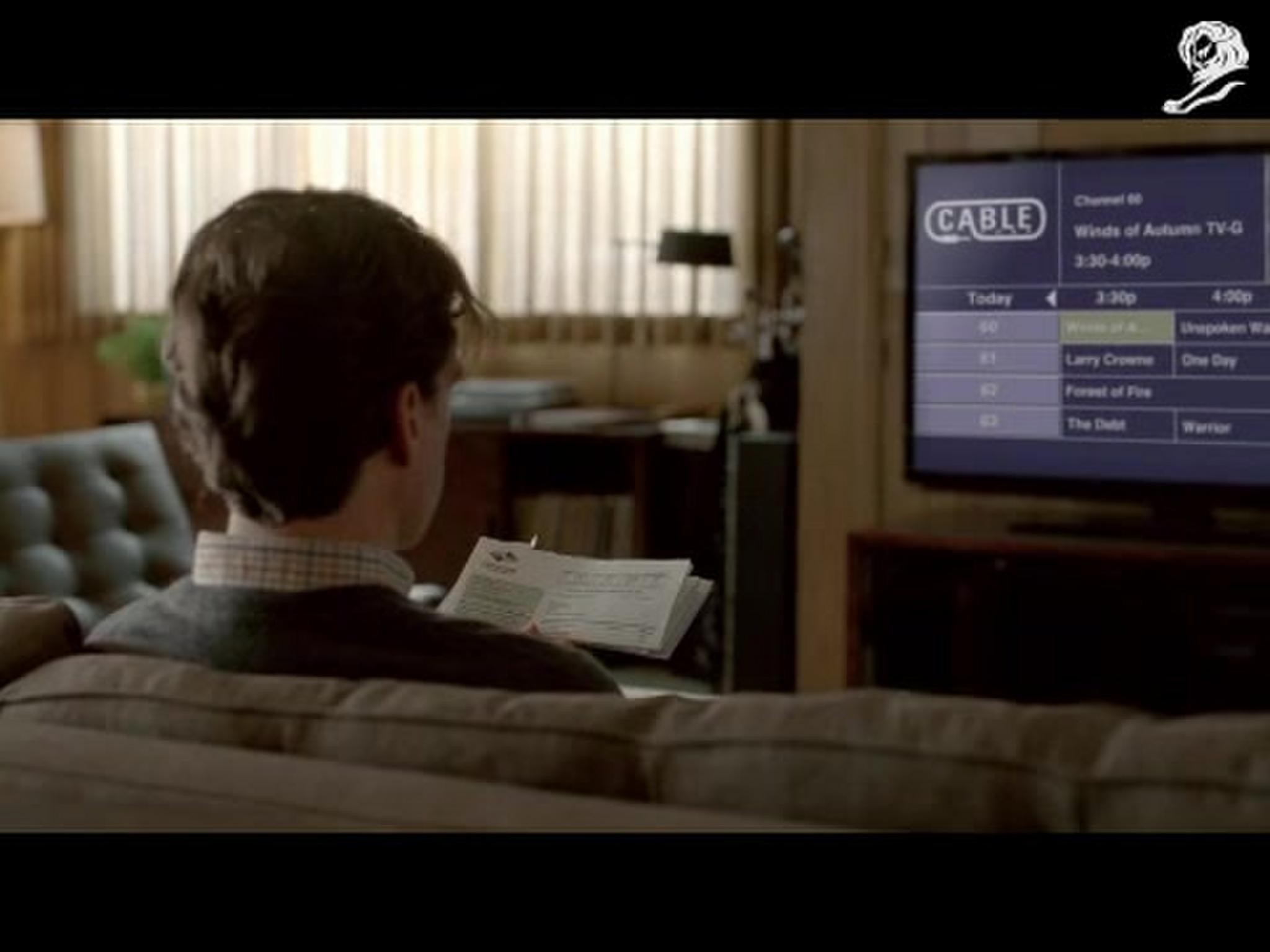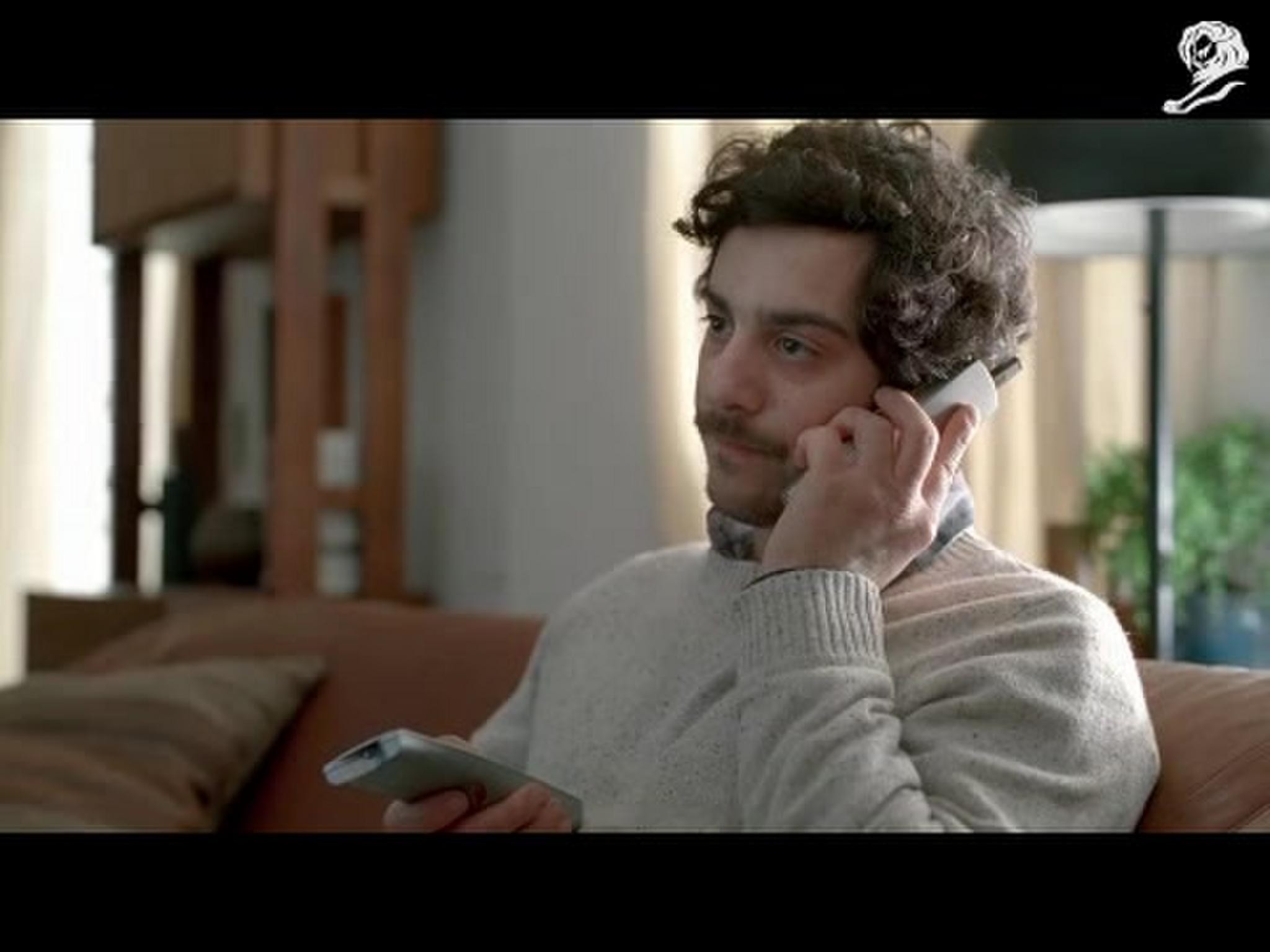Glass: The Lion For Change > Glass: The Lion for Change
WE BELIEVE: THE BEST MEN CAN BE
GREY NEW YORK / GILLETTE / 2019
Awards:

Overview
Credits
Overview
Background
Gen Z and younger Millennials represent the future of grooming consumers and the biggest long-term business opportunity for Gillette. Yet according to brand equity data, Gillette was losing relevance in their lives. With over 2/3 of Millennials and Gen Z’s expressing a preference for brands that have a point of view on an issue and stand for something, and 72% willing to pay extra for products and services from companies dedicated to social change, it became clear Gillette needed to stand for something more meaningful. As one of the most archetypal masculine brands, Gillette has played a role in shaping masculinity around the world through its advertising for decades. Through our brand purpose, Grooming the Next Generation of Men, we recognized the opportunity to make a profound statement about the future of masculinity and men in 2019.
Describe the cultural/social/political climate in your region and the significance of your campaign within this context
The Best A Man Can Get had always been an aspirational statement. But turn on the news in 2018 and it was hard to argue that men were perceived to be at their best. Allegations of sexual harassment and assault were flooding in against some of America’s most prominent and influential male celebrities and politicians. Every day it seemed another high profile male public figure would fall from grace. The issue of mansplaining and the relationship between male and female coworkers was under scrutiny in offices around the country, and the rise of bullying among young boys had reached epidemic proportions. Men’s behavior was in the spotlight like never before. While women had brought attention to the issue with the #MeToo movement, men had remained noticeably silent and it was something they just weren’t willing to confront, even though it was desperately needed. ‘We Believe’ forced a very difficult but much needed conversation across the globe. It was discussed and debated online, on talk shows, on podcasts, and analyzed in a number of schools and universities around the world, triggering an important dialogue between many parents and young boys.
Describe the creative idea
The only way for progress was to get all sides talking. We not only wanted men to confront the issue, but we wanted to help shine the way forward, instilling a sense of empowerment for each man to take positive action, while setting the tone for a new chapter, one of optimism and aspiration that’s inherent in our iconic tagline. So on the 30th anniversary of The Best A Man Can Get, we wanted to reinvigorate it, to dust it off, and give it a new meaning, one that would ultimately provoke a much needed conversation among men and force the issue to the surface. We needed to remind men that the next generation were watching, that their behavior and actions today would define the men of tomorrow, and that they had an obligation to act.
Describe the strategy
In speaking to men around the country, we realized that many felt a sense of vindication and apathy. They weren’t the Harvey Weinsteins of the world, so it wasn’t their problem. But chances are they had seen or knew of bad behavior occurring around them and chose to turn a blind eye to it, chalking it up to “boys will be boys” or “locker room talk”. Many mistakenly believed that “not being the bad guy ” was the same as “being a good guy”, not realizing that their inaction was contributing to a system that allowed negative behavior to flourish. Men had an opportunity to create change, to hold each other accountable, and set a new standard for how a man acts. As a leading male brand, we felt we had an obligation to take a stand and make this clear, even if it risked upsetting consumers in the process.
Describe the execution
We partnered with renowned director Kim Gehrig to create a film that would get guys to sit up and take notice, and to trigger a dialogue on the issue. It couldn’t just be a celebration of men; we needed to address the issue head on, to make people confront the problem, even if it made some feel a little uncomfortable. We needed to do this if we wanted guys to really listen. But we also needed to present a rallying cry, one of optimism and a fresh start to empower men and make them realize not only what’s at stake, but that each man had the power to make a small difference for change. We decided to promote the film on YouTube pre-roll, Twitter and Facebook promoted posts, where we could target younger millennials and Gen Z.
Describe the results/impact
‘We Believe’ transcended the world of advertising, forcing a difficult, but much needed conversation in homes around the globe. For the first time ever, men were engaging in a true dialogue on the subject of toxic masculinity and the future of men. ‘We Believe’ became the #1 trending topic on Twitter, generating over 110 million views and 15 billion media impressions with only 5 hours of paid media. The video garnered an unprecedented level of engagement, getting the most likes (and dislikes) of any ad in YouTube history. Gillette became the 3rd most Googled search term in the US. Overnight, we were catapulted from a brand no one seemed to pay attention to, to the #7 most meaningful brands of 2019. To continue the conversation, Gillette committed to donate $3M over the next 3 years to the BGCA and to Grants supporting men who are taking action in their community.
More Entries from Glass in Glass: The Lion For Change
24 items
More Entries from GREY NEW YORK
24 items






